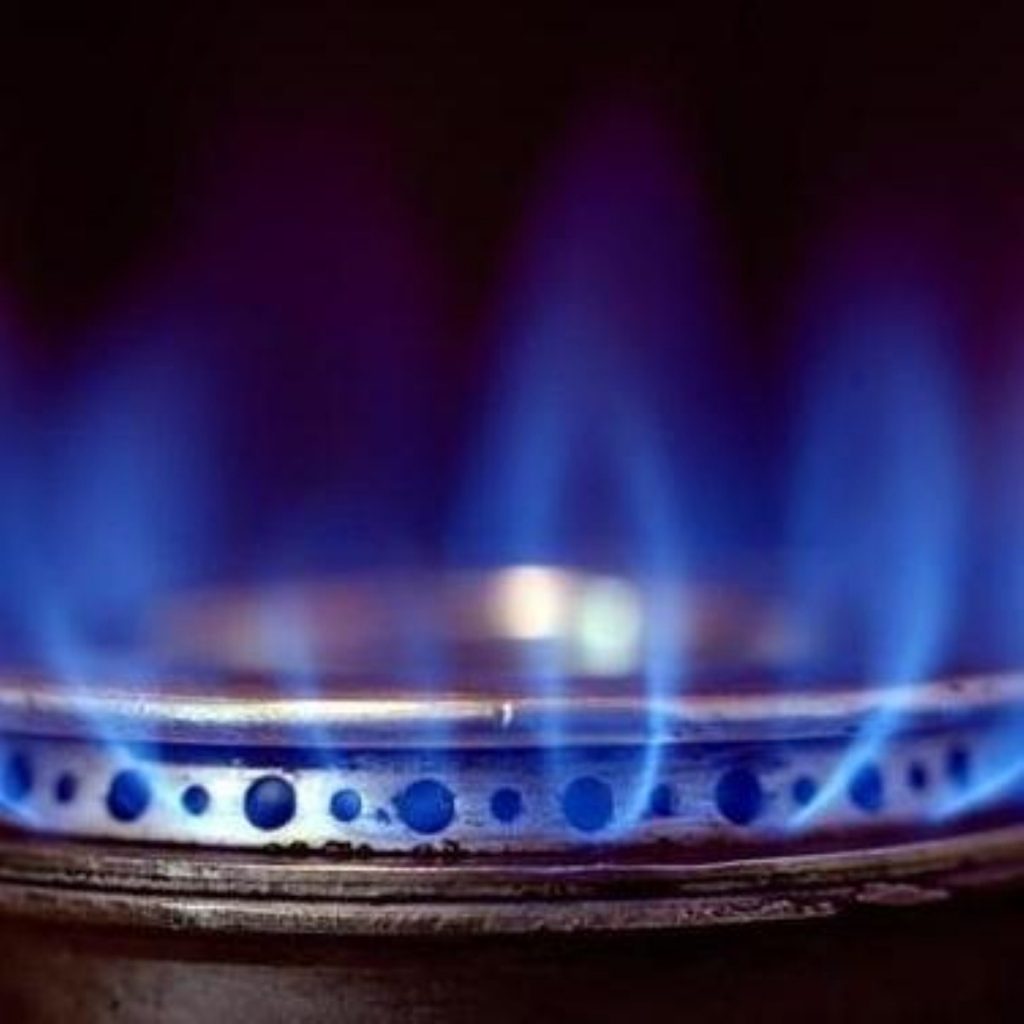Darling intervenes as energy bills soar
The chancellor has staged a surprise intervention after the UK’s fourth largest energy supplier warned customers to expect substantial increases to their gas and electricity bills.
Blaming an increase in wholesale energy prices, Npower has told its four million customers to expect average gas prices to rise by 17.2 per cent and electricity by 12.7 per cent, with other suppliers expected to follow suit.
Alistair Darling has no power to reverse the decision but has asked industry regulator Ofgem to review the price hike amid concerns consumers are bearing the brunt of poor energy supply.
The chancellor has written to Sir John Mogg, chair of the Gas and Electricity Authority, and Alistair Buchanan, chief executive of Ofgem, requesting a meeting to review the reasons behind the double-digit price prices.


Npower has blamed rising wholesale prices – up 66 per cent for electricity and 60 per cent for gas over the last year – but ministers are sceptical this cost has to be borne by consumers so swiftly.
In his letter Mr Darling writes: “I am aware that recent developments in the international oil markets are feeding through into the UK’s gas and electricity markets.
“I would be interested in receiving your assessment of gas and electricity supply and market conditions both in the UK and Europe and likely future trends.
“I would be particularly interested in your views on the relationship between wholesale price movements and feed-through to domestic retail prices.”
Price comparison website uSwitch warns other suppliers will probably follow Npower’s lead and up to 24 million households are now braced for double-digit energy bill rises.
Although the government cannot directly affect prices, Ofgem can rule whether customers are being unfairly overcharged.
The Treasury is concerned rising utility bills will exacerbate inflationary pressures, with workers tempted to push for higher wage settlements and curtail their own spending.
Rising wholesale prices have been blamed on the record cost of oil, with barrels in the US tipping the $100 barrier last week.












